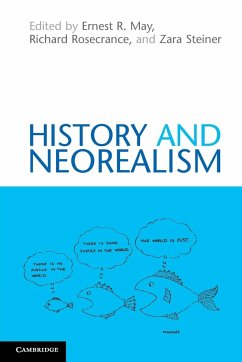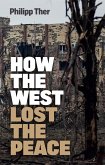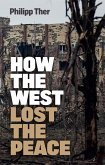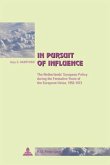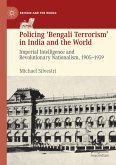Neorealists argue that all states aim to acquire power and that state cooperation can therefore only be temporary, based on a common opposition to a third country. This view condemns the world to endless conflict for the indefinite future. Based upon careful attention to actual historical outcomes, this book contends that, while some countries and leaders have demonstrated excessive power drives, others have essentially underplayed their power and sought less position and influence than their comparative strength might have justified. Featuring case studies from across the globe, History and Neorealism examines how states have actually acted. The authors conclude that leadership, domestic politics, and the domain (of gain or loss) in which they reside play an important role along with international factors in raising the possibility of a world in which conflict does not remain constant and, though not eliminated, can be progressively reduced.
'This book by three eminent scholars is audacious in its hope: since history shows that nations do not always obey the rules of pure power politics, a world of consent and cooperation is possible - and ever more likely. They buttress their case with a wealth of data from the American, European and Asian experience, presenting an original synthesis of history and theory that has become far too rare in the field of international relations.' Josef Joffe, Senior Fellow, Freeman-Spogli Institute for International Studies, Stanford University

